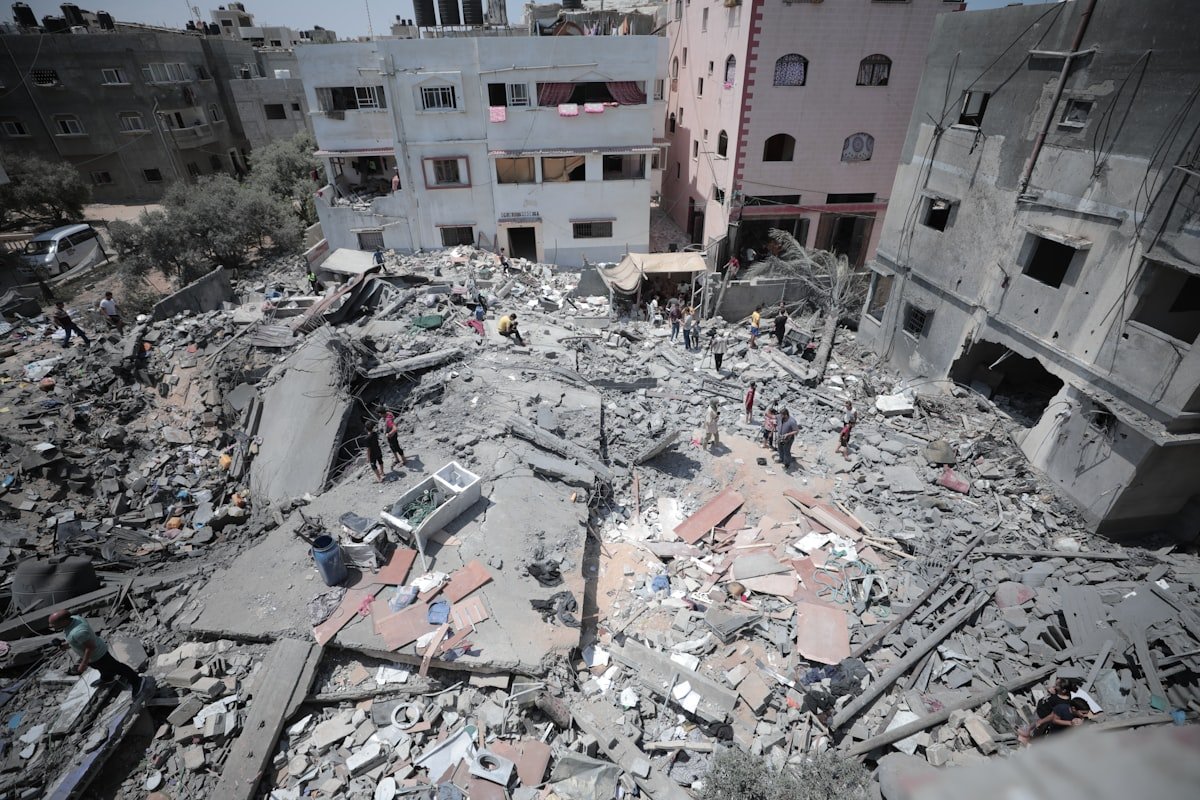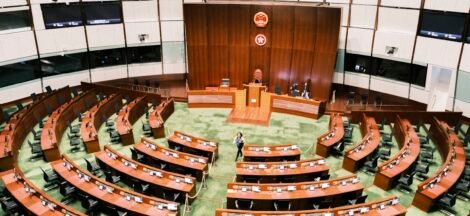Saudi Accuses Israel Genocide: A Diplomatic Earthquake in Middle East Relations
In a landmark statement that reverberated across global diplomatic circles, the Saudi Foreign Ministry has officially accused Israel of committing genocide in Gaza. This unprecedented declaration marks a significant hardening of Saudi Arabia’s position and represents one of the strongest condemnations from a regional power regarding Israel’s military operations. The Saudi accuses Israel genocide stance has fundamentally altered the geopolitical landscape of the Middle East, potentially derailing normalization efforts and creating new alliances in the ongoing conflict. This development comes amid escalating violence in Gaza that has drawn international condemnation and raised serious questions about humanitarian law violations.
The Saudi accusation emerged following weeks of intensified military operations in Gaza that have resulted in substantial civilian casualties and widespread destruction of infrastructure. Saudi Arabia’s foreign ministry released a detailed statement characterizing Israel’s actions as “systematic destruction” and “deliberate targeting of civilian populations,” language that directly invokes definitions of genocide under international law. The statement specifically referenced the 1948 Genocide Convention, arguing that Israel’s conduct meets the criteria for genocidal intent through its pattern of violence against Palestinian civilians.
International legal experts have been divided on the application of the genocide label to the Gaza conflict. Some scholars point to the high casualty figures, targeted strikes on civilian infrastructure including hospitals and schools, and inflammatory statements from some Israeli officials as evidence supporting the Saudi position. Others caution that while Israel’s actions may constitute war crimes or crimes against humanity, the specific legal threshold for genocide requires demonstration of specific intent to destroy a national, ethnic, racial or religious group in whole or in part.
The Saudi decision to employ the genocide terminology reflects not only moral outrage but strategic calculation. For decades, Saudi Arabia maintained a more measured approach to the Palestinian issue, often balancing rhetorical support with pragmatic engagement with Israel and its Western allies. This dramatic shift suggests a reassessment of regional priorities and possibly reflects domestic pressure from the Saudi public, which has historically strongly supported the Palestinian cause. The move also positions Saudi Arabia as a leader within the Muslim world at a time when popular anger over Gaza has reached unprecedented levels.
Regional reactions to the Saudi accusation have varied significantly. Several Arab nations, including Qatar, Kuwait, and Algeria, have expressed support for the Saudi position and similarly intensified their criticism of Israel. Meanwhile, more moderate Arab states that have signed normalization agreements with Israel have remained notably silent or issued carefully worded statements calling for restraint without explicitly endorsing the genocide characterization. The Gulf Cooperation Council appears divided, reflecting broader tensions within the Arab world regarding approaches to Israel and the Palestinian question.
International responses have followed predictable geopolitical fault lines. The United States and several European allies have rejected the genocide characterization while acknowledging the humanitarian crisis in Gaza. These nations have emphasized Israel’s right to self-defense while calling for greater protection of civilians. Meanwhile, Russia, China, and several Global South nations have expressed sympathy with the Saudi position, with some calling for emergency sessions of the United Nations Security Council and General Assembly to address the allegations.
The practical implications of the Saudi accusation are substantial and multifaceted. Diplomatic relations between Saudi Arabia and Israel, which had been gradually warming through back-channel negotiations facilitated by the United States, have effectively frozen. Economic cooperation projects, including potential investments and technology transfers, have been suspended indefinitely. The Saudi move has also impacted regional security coordination against common threats, particularly Iranian influence, which had previously created tacit alignment between Israel and several Arab states.
Legal experts are debating whether the Saudi accusation might lead to formal proceedings at international judicial bodies. The International Court of Justice and International Criminal Court could potentially hear cases related to the genocide allegations, though such processes would face significant political and jurisdictional challenges. South Africa previously brought similar allegations against Israel, and the Saudi statement lends additional diplomatic weight to these efforts. However, actual prosecution of genocide charges remains unlikely due to political realities and the high evidentiary standards required.
The humanitarian situation in Gaza continues to deteriorate dramatically, with United Nations agencies reporting widespread hunger, disease outbreaks, and collapse of medical services. Over two million Palestinians face severe shortages of food, clean water, medicine, and basic necessities. The destruction of housing and infrastructure has created a displacement crisis of historic proportions. These conditions form the backdrop against which the Saudi genocide accusation must be understood, as the human toll makes diplomatic neutrality increasingly difficult for Muslim-majority nations.
Looking forward, the Saudi decision to accuse Israel of genocide will likely have lasting consequences for Middle East diplomacy. The prospects for Israeli-Saudi normalization, which had been a centerpiece of U.S. foreign policy in the region, appear dim for the foreseeable future. Instead, we may see renewed Arab unity around the Palestinian cause and potentially new alliances forming that exclude Israel. The conflict has also demonstrated the limits of U.S. influence in the region and the growing assertiveness of regional powers in defining their own diplomatic positions based on domestic and regional considerations rather than great power preferences.
As the situation continues to evolve, the international community faces difficult questions about accountability, humanitarian protection, and conflict resolution. The Saudi accusation has raised the stakes considerably, making compromise more difficult while increasing pressure for concrete international action. Whether this development ultimately leads to meaningful protection for Palestinian civilians or simply deepens diplomatic divisions remains to be seen, but it undoubtedly represents a watershed moment in the long history of the Israeli-Palestinian conflict. Related reading: UAE Denies Sudan’s Claim of Destroying Emirati Plane.

The complexity of the situation demands nuanced understanding rather than simplistic narratives. While the Saudi accuses Israel genocide position has gained traction in certain quarters, other perspectives emphasize the complicated security realities that Israel faces from Hamas and other militant groups. What remains undeniable is the terrible human cost of the conflict and the urgent need for diplomatic solutions that address both Israeli security concerns and Palestinian rights and dignity. The path forward will require courageous leadership, difficult compromises, and renewed commitment to international law from all parties involved.
As we move through 2025, the reverberations from the Saudi statement will continue to shape Middle Eastern politics and international relations. The accusation has already altered regional alliances, affected global energy markets, and inspired both protest movements and diplomatic initiatives worldwide. Ultimately, the test of this diplomatic earthquake will be whether it leads to reduced violence and meaningful progress toward peace or simply entrenches positions and prolongs the suffering of civilians caught in this enduring conflict.




 English Birth Certificates with QR Codes: New Features Explained
English Birth Certificates with QR Codes: New Features Explained